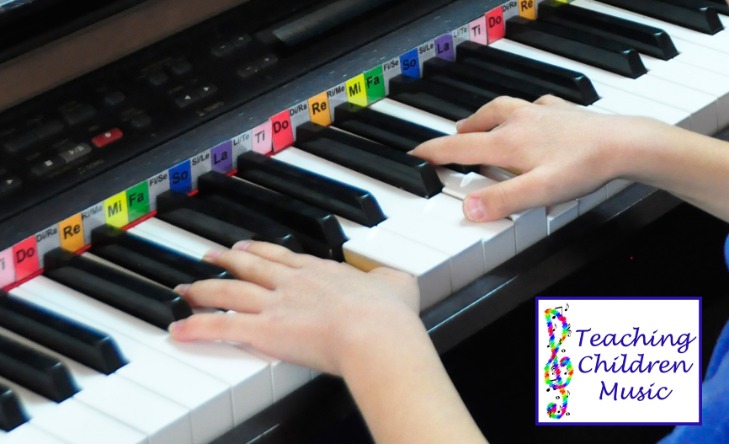Autism is a neurodevelopmental disorder that affects how a person perceives and interacts with the world around them. While each individual with autism is unique, many share a common love for music. For autistic children, learning to play the piano can be a transformative experience that not only enhances their musical abilities but also provides a creative outlet for self-expression.
Read more about Piano lessons for Autism here.
The Benefits of Piano Lessons for Autistic Children
Research has shown that music therapy, including piano lessons, can have a profound impact on individuals with autism. Playing the piano can help improve sensory processing, motor skills, and cognitive abilities. It can also provide a structured and repetitive activity that can help promote focus and concentration.
Furthermore, learning to play the piano can help autistic children develop their communication and social skills. Through music, they can learn to express themselves in ways that may be difficult through traditional forms of communication. Playing the piano can also provide a sense of accomplishment and boost self-esteem, which is particularly important for children with autism who may struggle with social interactions and self-confidence.
How to Make Piano Lessons Accessible for Autistic Children
When teaching piano to autistic children, it is important to create a supportive and understanding environment. Here are a few tips for making piano lessons accessible for children with autism:
1. Establish a Routine
Children with autism often thrive on routine, so it’s important to establish a consistent schedule for piano lessons. This can help create a sense of predictability and security, which can help reduce anxiety and improve the overall learning experience.
2. Use Visual Aids
Visual aids, such as picture schedules or color-coded instructions, can help autistic children better understand and follow along with piano lessons. Visual aids can also help reinforce key concepts and provide additional support for children who may struggle with verbal instructions.
3. Provide Positive Reinforcement
Positive reinforcement, such as praise and rewards, can help motivate autistic children and reinforce positive behaviors during piano lessons. By acknowledging their efforts and progress, you can help build their confidence and encourage them to continue learning and practicing the piano.
Conclusion
Overall, piano lessons can be a valuable and enriching experience for autistic children. By providing a supportive and understanding environment, incorporating visual aids, and offering positive reinforcement, you can help unlock the potential of autistic children and help them discover the joy of music through learning to play the piano.

